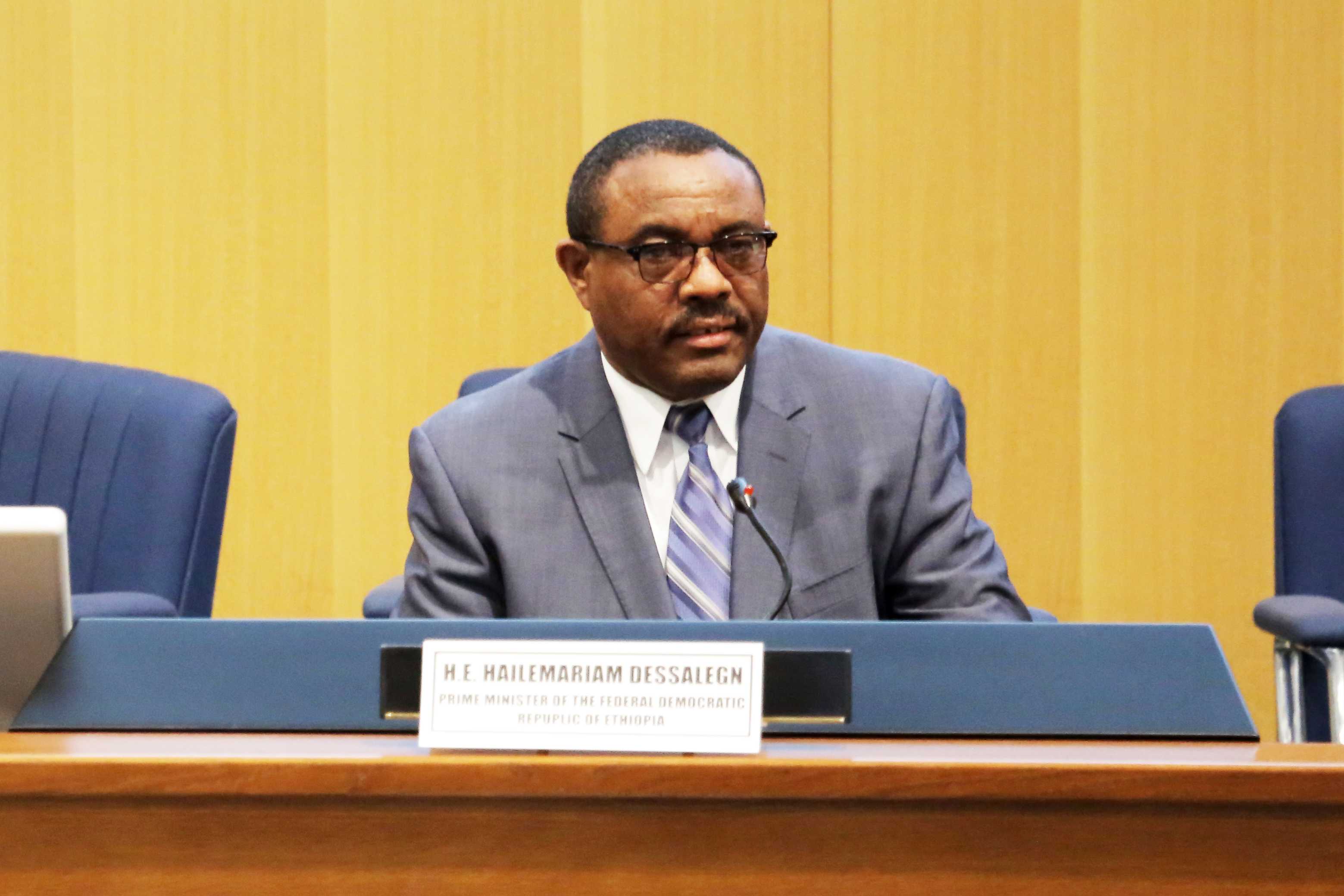Two African heads of state resigned from their positions in the last week. They are ex-president Jacob Gedleyihlekisa Zuma of South Africa and Hailemariam Desalegn Boshe of Ethiopia.
Zuma resigned in the night of Wednesday Feb. 14, at a press conference. Zuma was recently recalled by his party, the African National Congress, forcing him to resign. Although Zuma disagreed with his party about the reasons for his resignation, he stated, “No life should be lost in my name and also the ANC should never be divided in my name… I have therefore come to the decision to resign as president of the public with immediate effect.” He also registered his willingness to continue working for the party. He said, “As I leave I will continue to serve the people of South Africa as well as the ANC, the organization I have served all of my life in.”
Zuma’s presidency has been filled with allegations of corruption. Many believed that this is the main reason why the party forced him to resign. Zuma, however, said, “No one has been able to prove what is it that I have done. I found it very, in a sense, unfair to me that this issue must be raised all the time.”
According to Quartz Africa, Zuma was initially unwilling to resign and has been negotiating with the party for an extension period, “He had apparently been trying to negotiate for three more months in office, but as pressure mounted and his friends were arrested, he was forced to cave. His resignation ends days of uncertainty and speculation, months of ignoring protests and calls for him to step down and years that saw South Africa flounder under misdirection.”
Zuma, 75, became president of South Africa in 2009. Before his election he was the deputy president of South Africa from 1999 to 2005. The then president, Thabo Mbeki, dismissed him from the position in 2005 after Zuma’s financial adviser, Schabir Shaik, was convicted of soliciting a bribe on behalf of Zuma.
In 2017, South Africa’s highest court asked Zuma to repay a huge sum of money that he was alleged to have used to renovate his private home. In addition to this, he has accumulated about 783 allegations of corruption since the 1990s. Although Zuma has always claimed he is innocent, many citizens of South Africa have protested for a long time against him on these basis. The country’s parliament has tried on many occasions to pass a vote of no confidence against him but failed. He is succeeded by Matamela Cyril Ramaphosa, one of Zuma’s two deputies. Ramaphosa was sworn into office on Feb. 15.
A day after Zuma resigned, Desalegn also resigned. According to the Fana Broadcasting Corporate S.C., a private media company in Ethiopia, Desalegn submitted his resignation to the House of People’s Representatives as Ethiopia’s Prime Minister and chair of the ruling party, the Ethiopian People’s Revolutionary Democratic Front.
His resignation was a means of reducing the political tension that engulfed the country in recent times. According to the Ethiopian News Agency, Desalegn resigned in order “to be part of the efforts to provide a lasting solution to the current situation.” In a televised speech, Desalegn said, “Unrest and a political crisis have led to the loss of lives and displacement of many… I see my resignation as vital in the bid to carry out reforms that would lead to sustainable peace and democracy.”
Prior to his resignation, the Ethiopian government freed many political prisoners, mostly consisting of key members of the opposition parties. This started a huge celebration on the streets of the capital, Addis Ababa, and in other parts of the country. Earlier in the week, the Oromo ethnic group engaged in demonstrations criticizing the government’s seeming unwillingness to release the prisoners.
Desalegn, 52, became the prime minister of Ethiopia in 2012. He succeeded Meles Zenawi who died in the same year. Ethiopia made important political and economic gains under the leadership of Desalegn, but he was heavily criticised for turning a blind eye at creeping authoritarianism.


